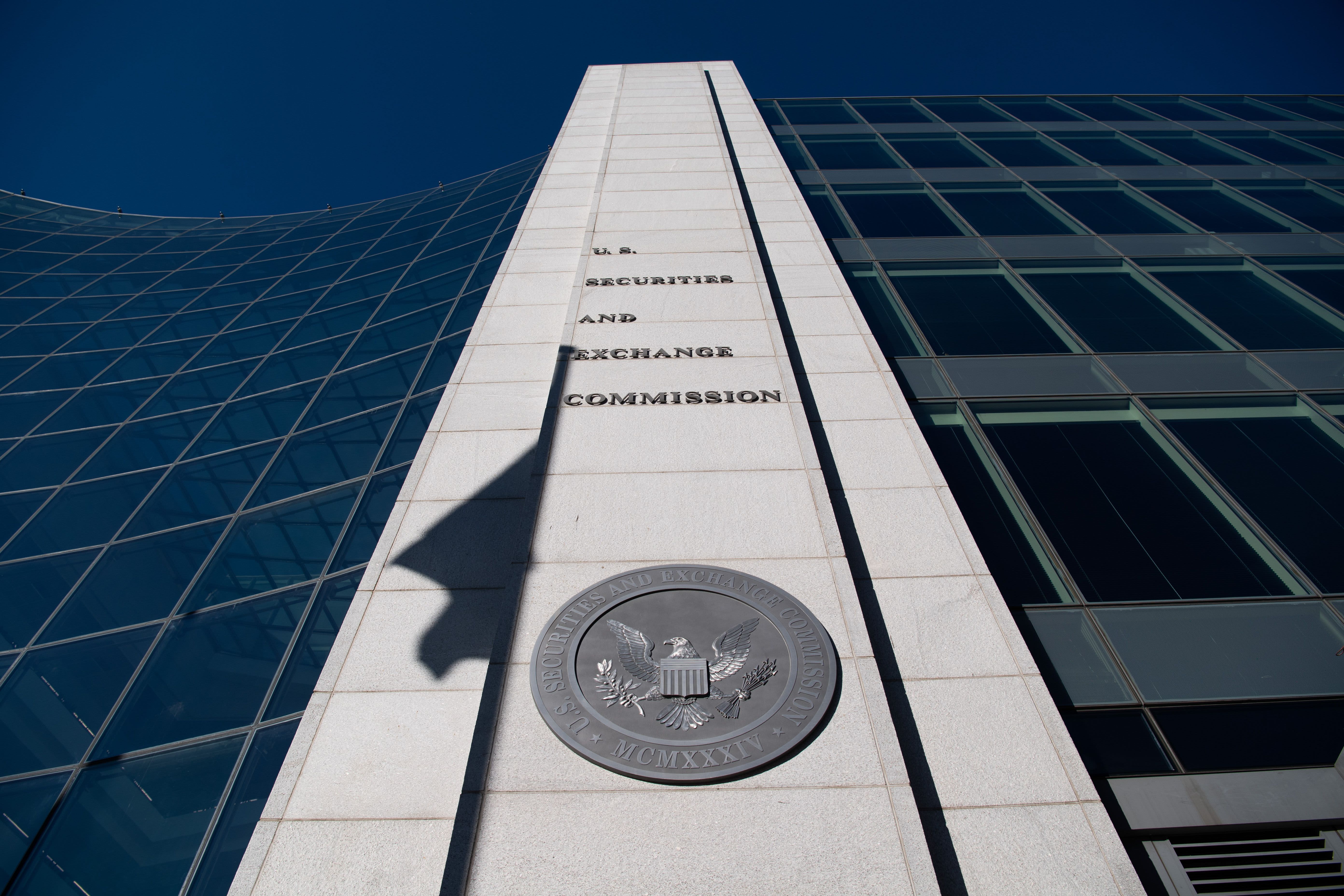The SEC is eyeing potentially misleading earnings projections made by SPAC sponsors and is seeking clearer disclosures, with one official hinting Thursday that the agency may issue a future rule to rein them in.
Special purpose acquisition companies, known as SPACs or blank-check funds, are a hot-ticket item on Wall Street.
More from Personal Finance:
There are snags in free COBRA health insurance
Marriage sometimes means paying more in taxes
New York is raising taxes for millionaires. Will others follow?
The investments are like quasi-IPOs. A publicly traded shell company uses investor money to buy or merge with a private company, typically within two years. In so doing, the private company becomes publicly traded, offering an alternative to a traditional IPO.
SPAC use and popularity have soared over the past six months, John Coates, acting director of the Securities and Exchange Commission’s Division of Corporation Finance, said in a note Thursday.
“With the unprecedented surge has come unprecedented scrutiny, and new issues with both standard and innovative SPAC structures keep surfacing,” Coates said.
For one, the SEC is eyeing filings and disclosures made by SPACs and their private targets, Coates said.
Some believe current law allows the investments to skirt some of the disclosure requirements of the traditional IPO process.
Primarily, some fear that SPAC sponsors and their acquisition targets carry a lower legal risk for presenting lofty earnings and valuation projections. Misleading disclosures around future earnings estimates, for example, may in turn entice investors.
“These claims raise significant investor protection questions,” Coates said.
However, such claims may not provide an accurate reading of current securities law, he added.
“Any simple claim about reduced liability exposure for SPAC participants is overstated at best, and potentially seriously misleading at worst,” Coates said.
The public may benefit from greater clarity around the legal requirements of SPAC disclosures, Coates said. He suggested the SEC could issue a rule or provide guidance in this regard.
